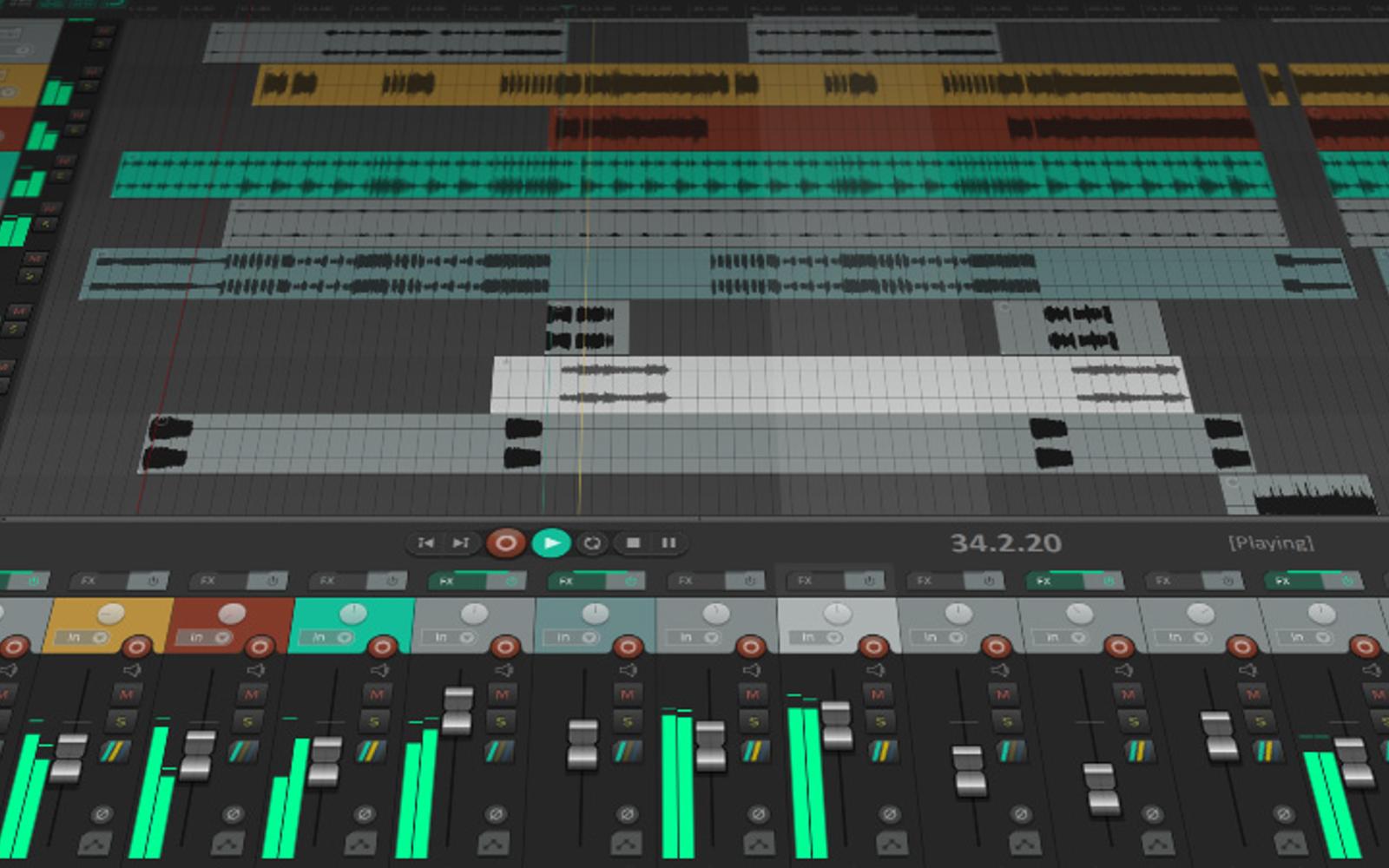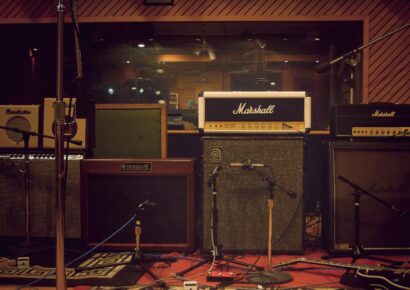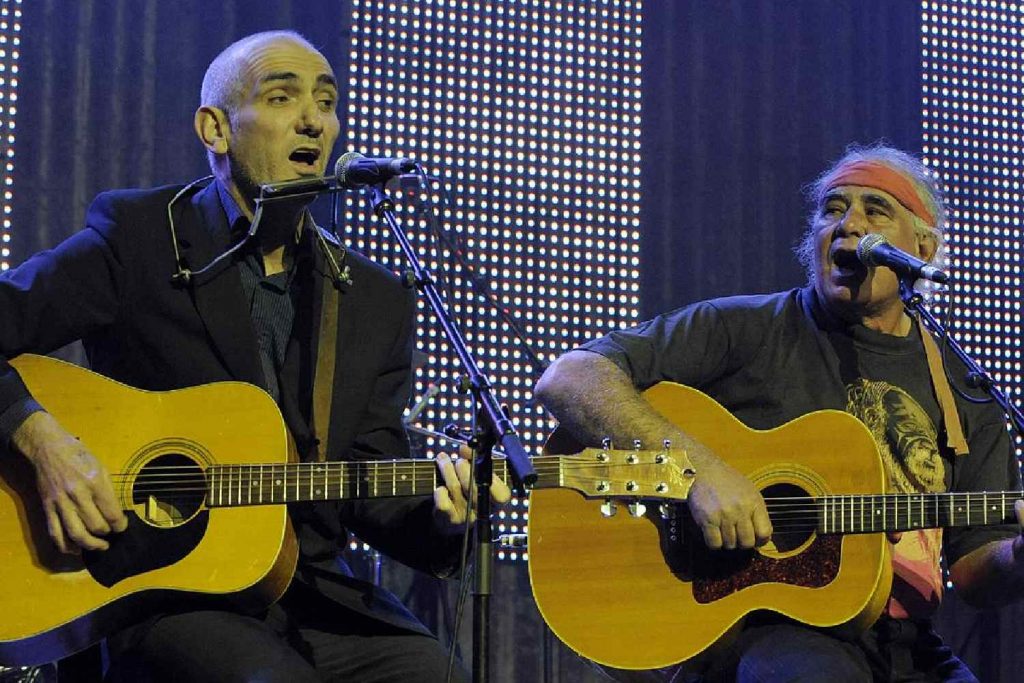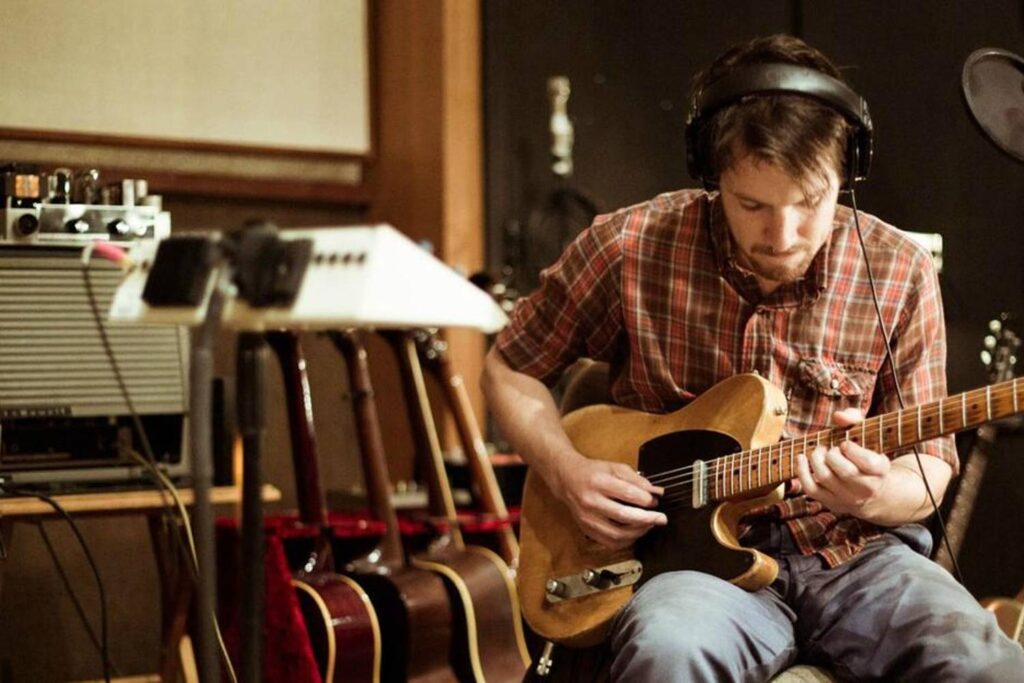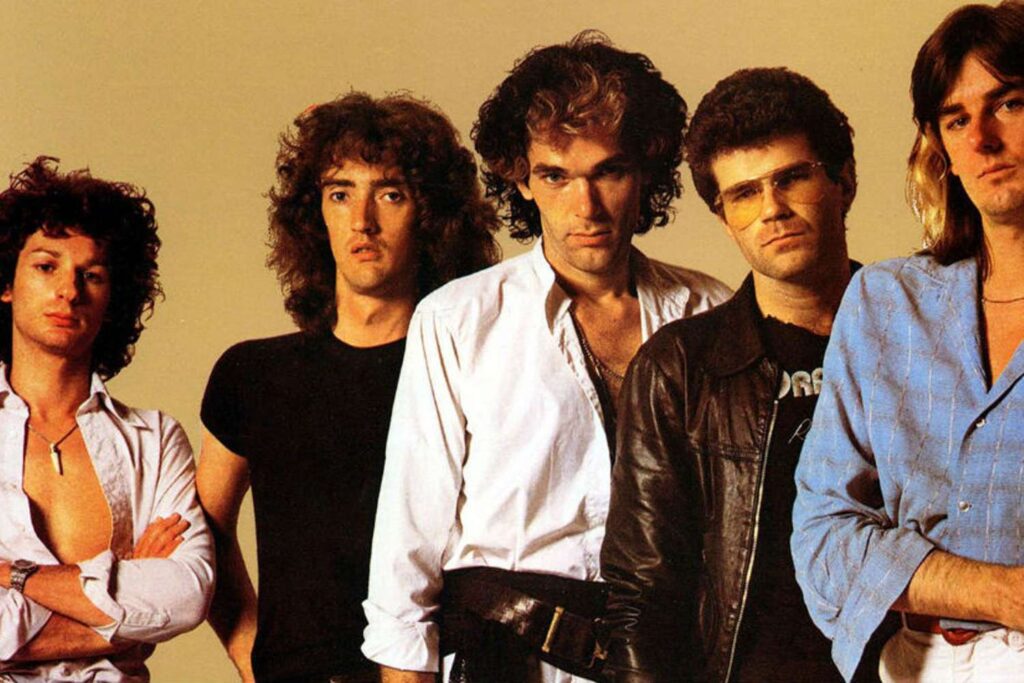Pardon the pun, but there's no Reasoning with your decision between Ableton or Pro Tools, but if Cubase your decision on Logic - you'll end up ahead of the curve!
Choosing the best DAW for beginners is a really tough decision, and if I could liken it to anything, it’d be choosing one of three Pokémon at Professor Oak’s lab in the late 90s while playing Pokémon Red or Blue. While there’s not really a wrong decision per se, it is a choice that’ll impact your journey to the Indigo League… uh, I mean through the music industry.
Read up on all the latest features and columns here.
Different DAWs play to different strengths, and the best DAW for beginners isn’t as simple as it should be. While yes, you can bounce from DAW to DAW, having a little understanding about how you want to make and create music will pay dividends in starting you off on the right foot. For example, the best DAW for beginners looking to make music, maybe electronic music, Ableton would be a no-brainer. It’s built for creation and live performance, hence the ‘Live” in Ableton Live. The best DAW for beginners looking to produce and mix rock music might be ProTools because of its highly intelligent and comprehensive editing capabilities. Looking to use MIDI? Logic or Cubase might be the go!
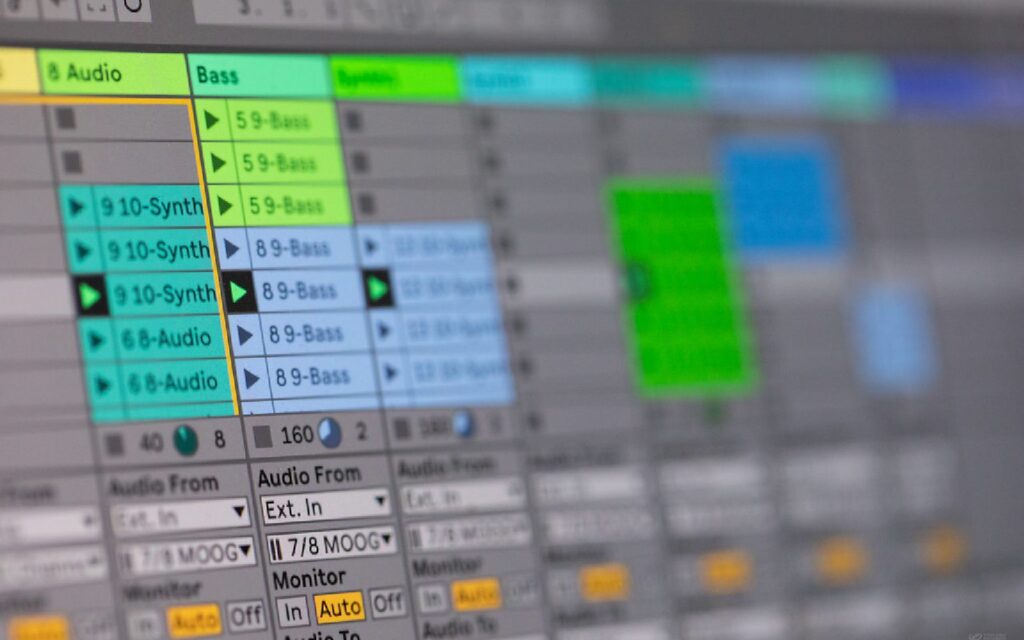
I regularly tell clients that there is no point knowing how to operate several DAWs fairly well, in an attempt to draw the best parts from each one. I have tried this, as I am sure many of you have too. The ease with which you can have several DAWs running on a modern computer makes it all too tempting. But, what results is not only confusion in operations, but a user that never truly makes the most of any of the software’s full potentials. As I continue to stress, it is far better to fully get your head around one single DAW and be able to use it to its fullest potential, rather than trying to get a little bit out of a number of software packages. In reality, you are only as good as your ability to operate the tools you work with, and if you don’t fully understand your DAW, then your musical ability will hit a standstill when you can’t get the most out of your recording.
If you have been using a certain software package for a while, but don’t seem to be getting the results you want, stick with it. Get to know more features within that programme and realise its full potential. Simply installing a new DAW onto your computer is not going to solve the problem and will most likely put you further behind from where you are already.
Avid Pro Tools
I often get asked, “What is the best recording software?” This is a loaded question, that’s for sure. I can say that Pro Tools in the best recording software, for my needs. But Reason is the best song writing software, for my needs. It too has recording functions, but it is not the best recording software, for my needs. Do you see the recurring motif developing here? There are a number of software packages that can do the job, but there is only one that is the best for ‘your particular needs’ and that one is usually the one that you know how to operate the best. I have been using Pro Tools to record with for more than ten years now, having stepped into it rather painfully somewhere around the late stages of Version 4. Before that I was using Cubase, having developed from an old Atari system with Cubase running as the sequencer and a Super VHS recorder acting as my master tape. That was a while back now, but in the late 90’s I was getting great results from Cubase at the time because I knew it very well. When I made the switch to Pro Tools, it put my production behind a good 6 months, with a lot of swearing and the want to throw my computer through the window several times a week to begin with.
Nowadays, I look at a Cubase session and I have no idea what is going on. It has developed over the years into an amazing production suite that is somewhat different to Pro Tools and so offers me no way of fully utilising its capabilities. I do continue to use Reason as a song writing software as I have done since Version 1, given that is offers a very quick workflow that I have grown with as the software itself has grown. But, with my home studio setup, Pro Tools continues to be the best recording software for me. It may not be for you. There are plenty of people I know getting great results from Logic and even more that continue to surprise me with the work they are producing in Garage Band. Yes, that’s right, Garage Band. This program has often been written off as a bit of a joke by many given that it is offered as a free music option with Mac computers, but just because it is free doesn’t mean you can’t get great results from it. For those users who put the time into learning all the intricacies of the program there is a lot hiding beneath the seemingly simple interface and so the ability to produce great music.
So, whether you us Reason, Cubase, Logic, Pro Tools, Ableton, Garage Band, BitWig, Digital Performer, Studio One or any of the other recording packages out there, it is important to remember that there is no right or wrong answer to what is the ‘better’ software. The DAW that is right for you is the one you know the best and so will be able to get the most out of. Make a choice, focus on one system and get to know it intimately. You will see the results.
Cubase is unveiling a heap of new updates to mixing, MIDI and Atmos and immersive capabilities. Keep reading here.
